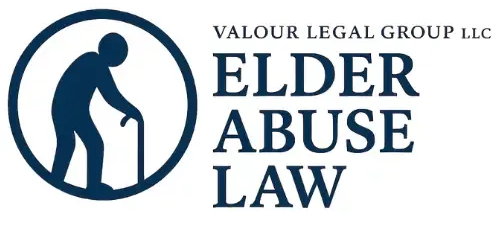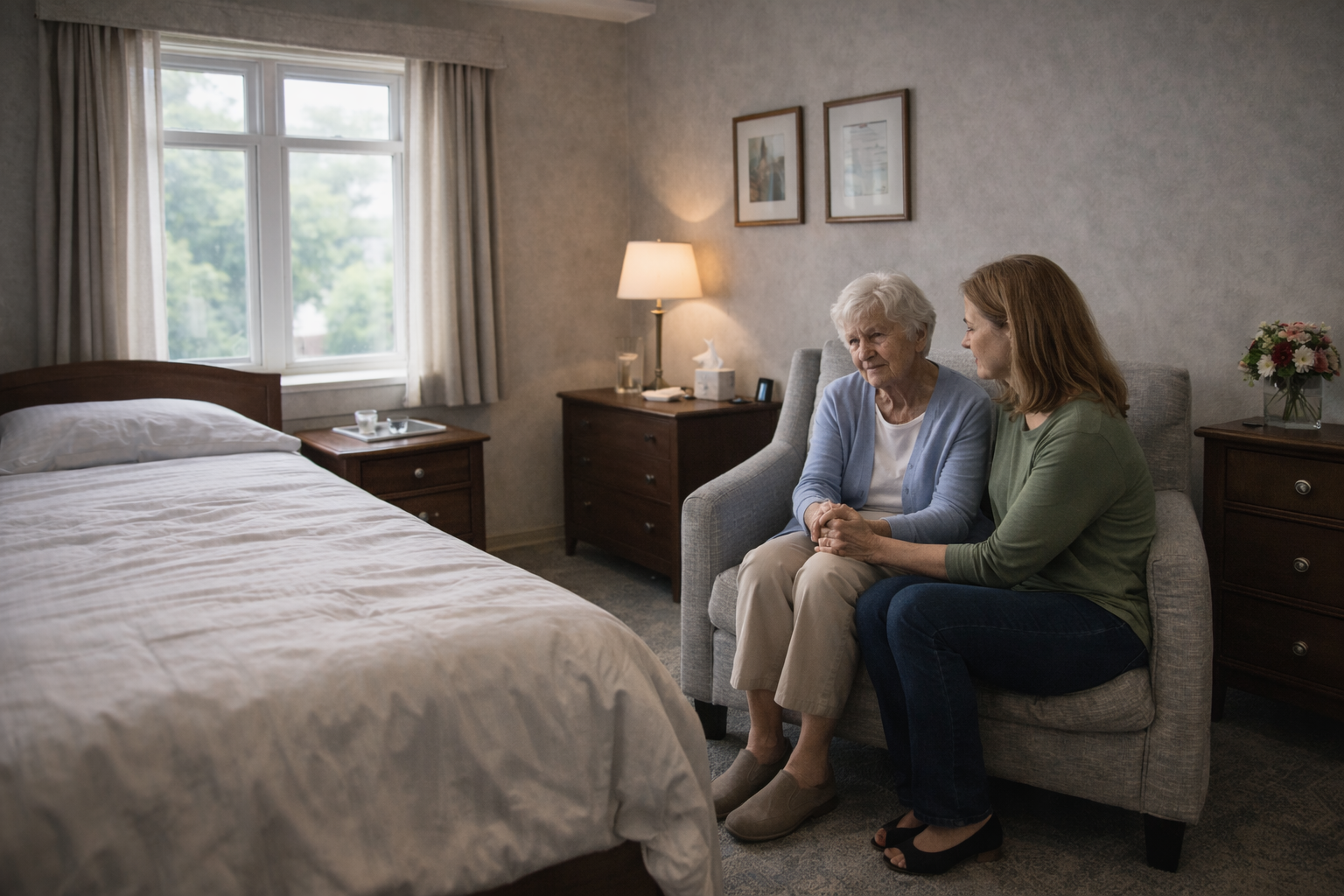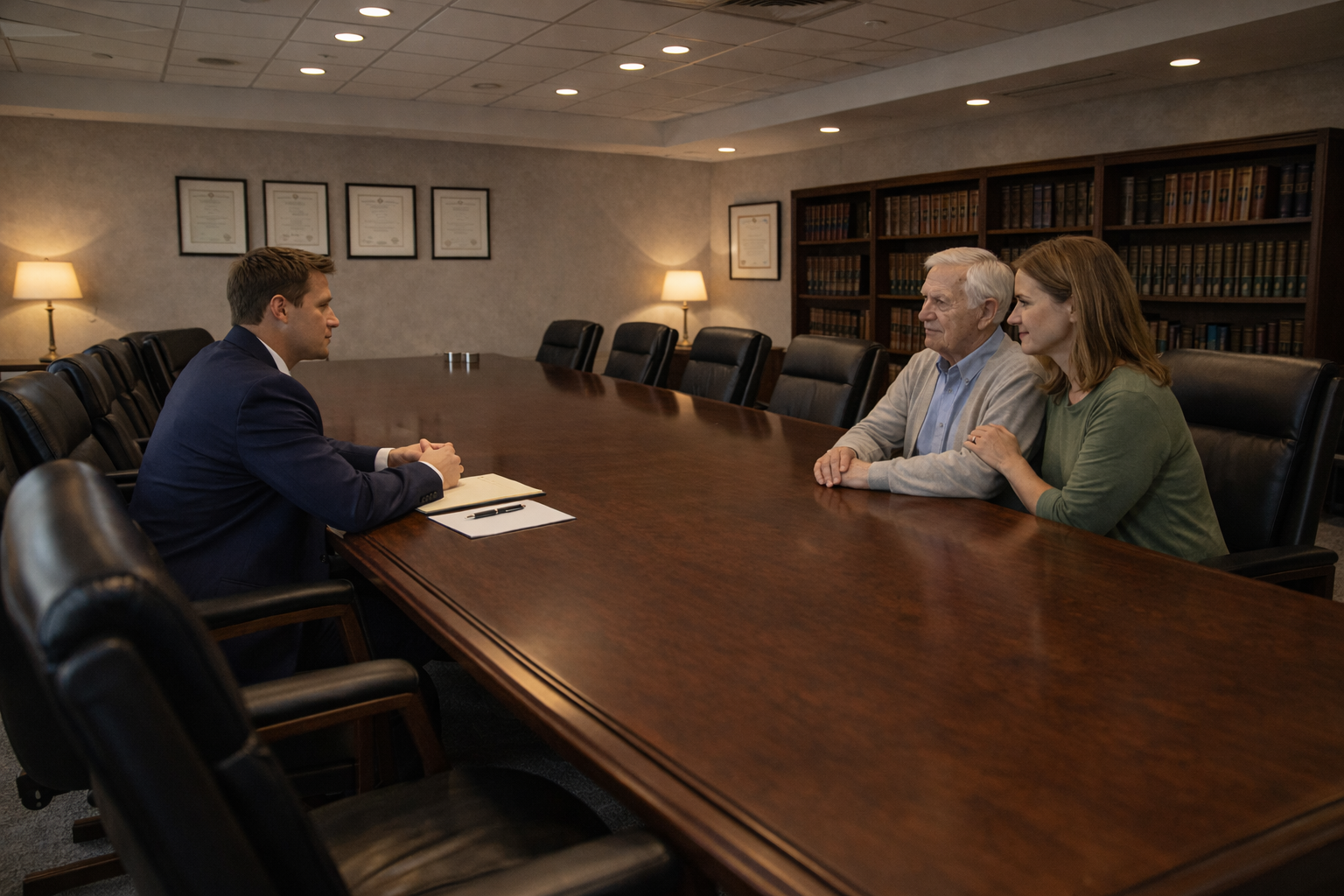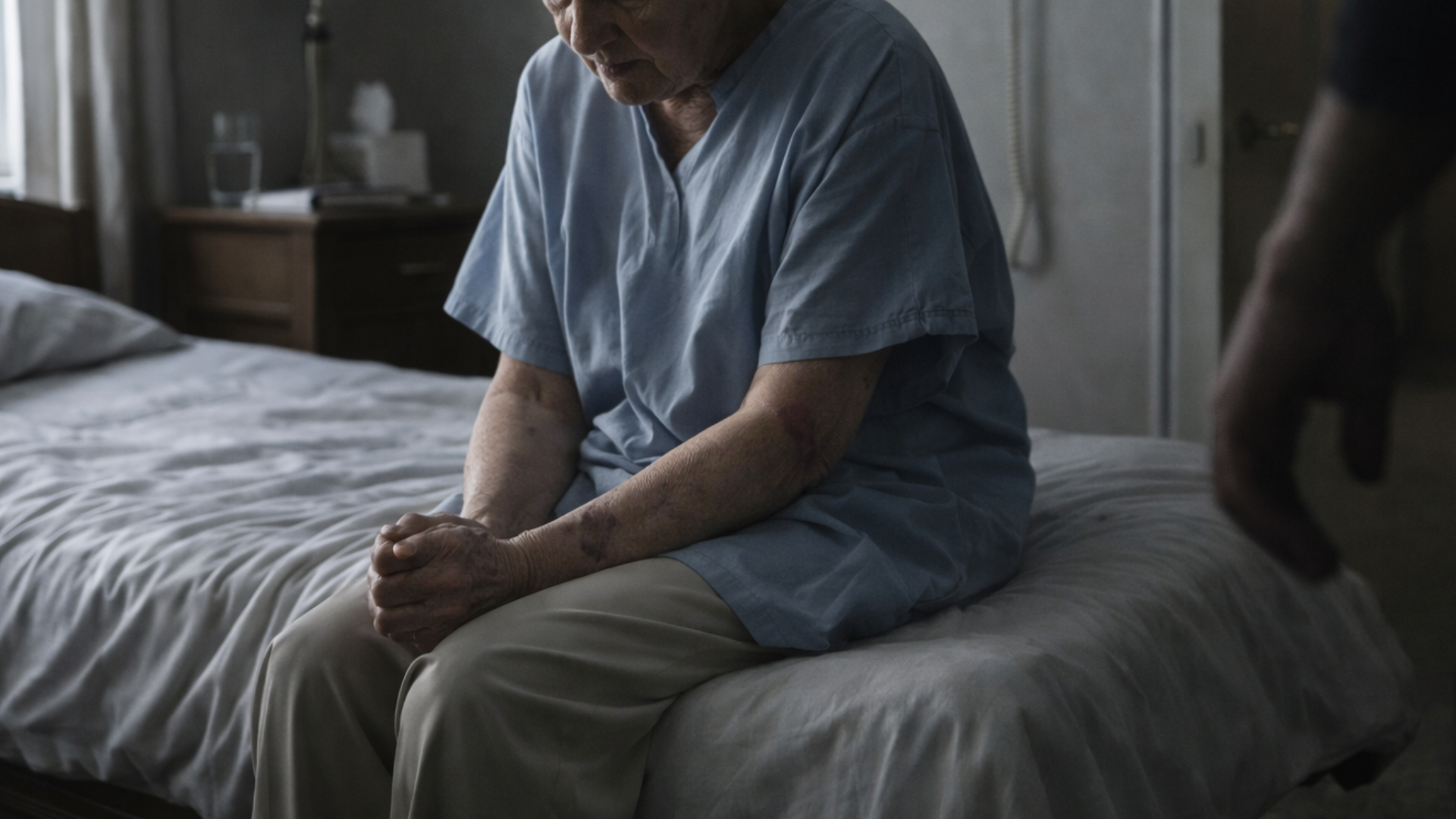Nursing Home Abuse Explained: Types, Risks & How to Take Action
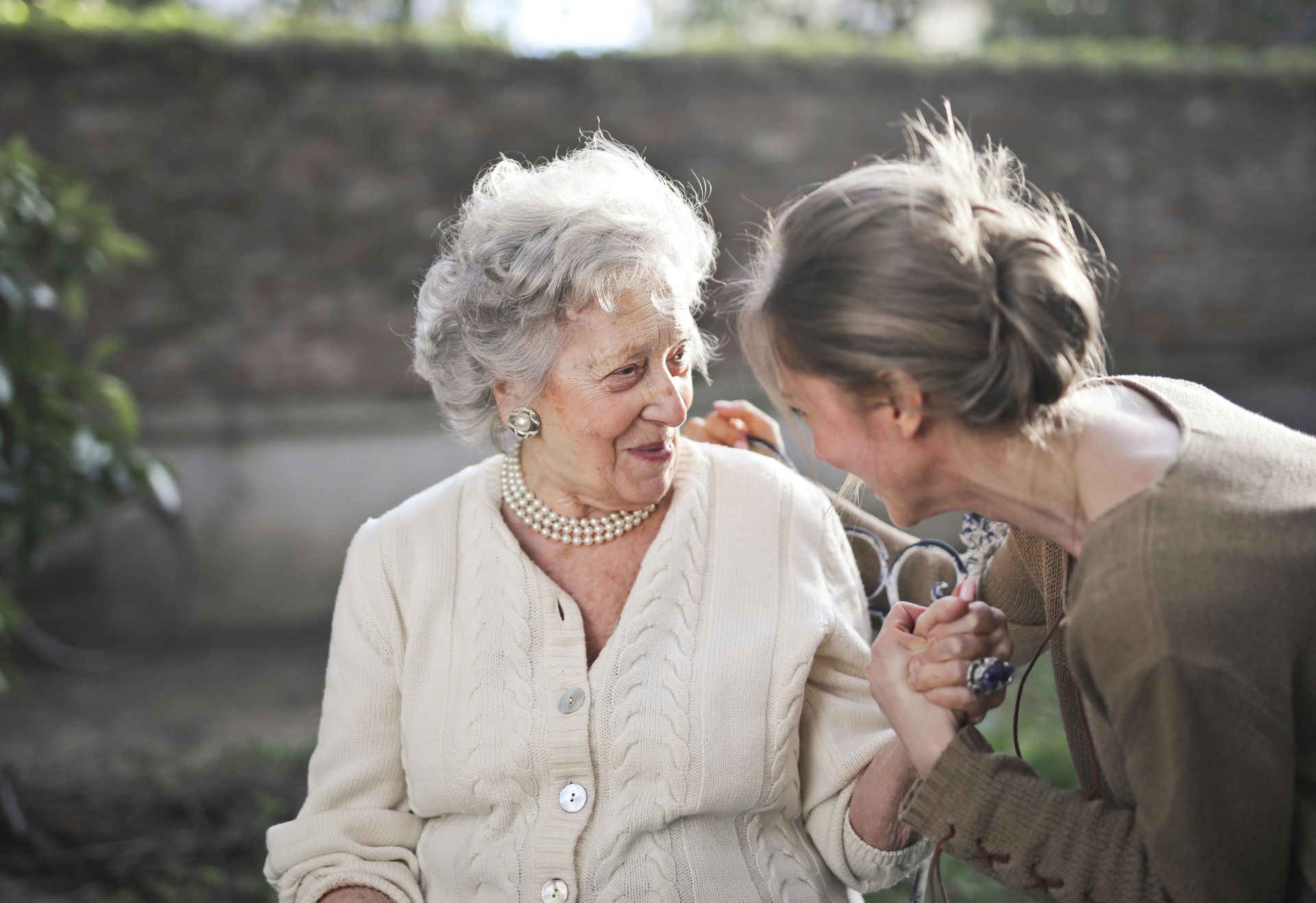
Nursing homes should be sanctuaries of care, comfort, and dignity for our aging loved ones. Yet the harsh reality is that abuse in care facilities occurs far more frequently than most families realize. When trust is broken and vulnerable residents suffer harm, families often feel overwhelmed, unsure how to recognize warning signs or take decisive action.
This comprehensive guide walks you through the different types of nursing home abuse, identifies key risk factors, and provides actionable prevention strategies. Most importantly, it explains when and how to seek help from a qualified nursing home abuse attorney to protect your loved one and pursue justice.
What Can Be Done to Reduce the Risk of Abuse in Care Homes?
Preventing nursing home abuse requires a collaborative approach between vigilant families and responsible care facilities. Here are proven strategies that make a meaningful difference:
1. Research thoroughly before admission. Don't rely solely on glossy brochures or sales presentations. Dig deeper by checking state inspection reports, reading online reviews from actual families, and reviewing records from your state health department. A reputable nursing home abuse attorney can also provide insights about facilities with concerning histories.
2. Visit regularly and unpredictably. Frequent family presence serves as a natural deterrent to neglect and abuse. Vary your visit times, drop by during meals, evening care routines, or weekend shifts. This unpredictability keeps staff on their toes and demonstrates your ongoing involvement.
3. Cultivate genuine relationships with caregivers. When staff members view you as an engaged and approachable family member rather than a critic, they're more likely to communicate openly about your loved one's care and any concerns that arise.
4. Foster open communication with your loved one. Ask direct, caring questions about daily experiences, meal quality, staff treatment, and overall comfort. Abuse often thrives in silence, so creating a safe space for honest conversation is crucial.
5. Advocate for comprehensive staff training. Well-trained caregivers are better equipped to handle challenging behaviors, manage stress effectively, and recognize early signs of problems before they escalate into abuse situations.
While facilities must implement strict hiring standards, adequate supervision, and zero-tolerance policies, families remain the most powerful advocates for their loved ones' safety and dignity.
What Are 5 Risk Factors for Elder Abuse?
Understanding vulnerability factors helps families stay alert and take targeted preventative measures. These five circumstances significantly increase the risk of nursing home abuse:
1. Cognitive decline and memory loss. Residents with dementia, Alzheimer's, or other cognitive impairments may struggle to report abuse clearly or remember incidents accurately, making them particularly vulnerable targets for mistreatment.
2. Complete physical dependence. Individuals requiring full assistance with bathing, eating, toileting, and mobility depend entirely on staff goodwill and professionalism, a dependency that unethical caregivers may exploit.
3. Social isolation and limited visits. Residents with few family connections or infrequent visitors face higher abuse risks because mistreatment is less likely to be discovered quickly or reported promptly.
4. Chronic understaffing issues. When facilities operate with inadequate staff-to-resident ratios, overworked caregivers experience heightened stress and frustration that can, unfortunately, escalate into neglect or abuse.
5. Inadequate background screening. Care facilities that compromise on hiring standards may unknowingly employ individuals with histories of violence, financial exploitation, or previous instances of elder mistreatment.
Recognizing these risk factors empowers families to ask targeted questions during facility selection and remain vigilant throughout their loved one's stay. Read on What Is Nursing Home Abuse? Here’s What Families Need to Know to learn more.
What Is the First Step to Preventing Elderly Abuse?
Education and awareness form the foundation of effective abuse prevention. Families, residents, and facility staff must all understand what abuse looks like in its various forms:
1. Physical abuse: Unexplained bruises, burns, cuts, or frequent "accidental" injuries that don't match provided explanations.
2. Emotional and psychological abuse: Verbal threats, deliberate humiliation, isolation from social activities, or creating an atmosphere of fear and intimidation.
3. Neglect and inadequate care: Poor personal hygiene, significant weight loss, malnutrition, dehydration, untreated medical conditions, or unsanitary living conditions.
4. Financial exploitation: Missing personal belongings, unexplained bank withdrawals, unauthorized credit card charges, or pressure to modify wills or financial arrangements.
Once families can identify these warning signs, swift action becomes possible. Report suspected abuse immediately to facility management, contact your local ombudsman program, or file complaints with state protective services. In serious cases involving injury or ongoing patterns of abuse, consulting an experienced nursing home abuse attorney ensures proper investigation, accountability, and legal protection for victims.
How to Avoid Being Put in a Nursing Home
While nursing home placement isn't always preventable, proactive planning can significantly extend independence and delay or eliminate the need for institutional care:
1. Prioritize physical health and mobility. Regular exercise, balanced nutrition, preventive medical care, and physical therapy help maintain independence longer and reduce fall risks.
2. Explore comprehensive in-home care options. Home health aides, visiting nurses, physical therapists, and adult day programs can provide necessary support while allowing aging in place.
3. Embrace helpful technology. Medical alert systems, telemedicine appointments, smart home devices, and medication management tools help older adults navigate daily challenges safely and independently.
4. Build strong community support networks. Engaged family members, reliable friends, neighborhood watch programs, and local senior services can fill crucial gaps in daily caregiving needs.
5. Complete financial and legal planning early. Advance directives, long-term care insurance, estate planning, and power of attorney arrangements provide more control over future care decisions and funding options.
The ultimate goal remains preserving independence, dignity, and quality of life. However, when nursing home care becomes medically necessary, informed facility selection and ongoing vigilance provide the best protection against potential abuse.
Taking Action: When to Call a Nursing Home Abuse Attorney
If you suspect your loved one is experiencing abuse or neglect, don't minimize your concerns or wait for conditions to worsen. Immediate steps include documenting all suspicious signs, addressing issues with facility management, and filing formal complaints with the relevant agencies.
However, many situations also require professional legal intervention. A skilled nursing home abuse attorney brings essential expertise to protect your family's interests:
1. Thorough investigation and evidence collection. Legal professionals know how to gather medical records, interview witnesses, document patterns of abuse, and preserve crucial evidence that might otherwise disappear.
2. Facility accountability and systemic change. An experienced nursing home abuse attorney can hold negligent facilities responsible for their failures and push for policy changes that protect all residents from future harm.
3. Comprehensive compensation recovery. Legal action may secure compensation for additional medical expenses, pain and suffering, emotional trauma, and other damages resulting from abuse or neglect.
4. Professional advocacy and representation. Nursing homes often have teams of lawyers defending their interests. Your family deserves equally skilled representation to level the playing field and protect your rights.
Legal action serves dual purposes: it provides justice and compensation for your loved one while simultaneously improving safety standards and care practices that benefit all nursing home residents.
Final Thoughts
Nursing home abuse represents a serious threat that demands constant vigilance from families, communities, and regulatory agencies. By understanding common risk factors, recognizing warning signs early, and taking proactive prevention steps, families can significantly reduce their loved ones' vulnerability to mistreatment.
When abuse does occur despite preventive efforts, remember that you're not alone in seeking justice. A qualified nursing home abuse attorney from Chicago Nursing Home Abuse Attorney provides the specialized knowledge, investigative resources, and legal advocacy needed to protect your loved one's rights and hold negligent facilities accountable for their failures.
Your loved one deserves to live with dignity, safety, and respect. Don't hesitate to take action when those fundamental rights are threatened.
